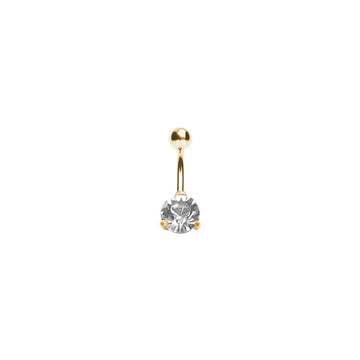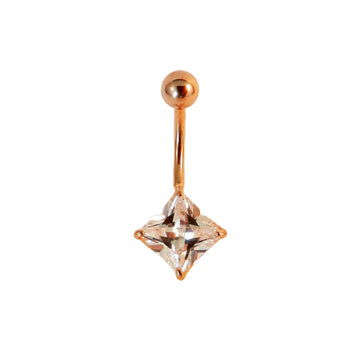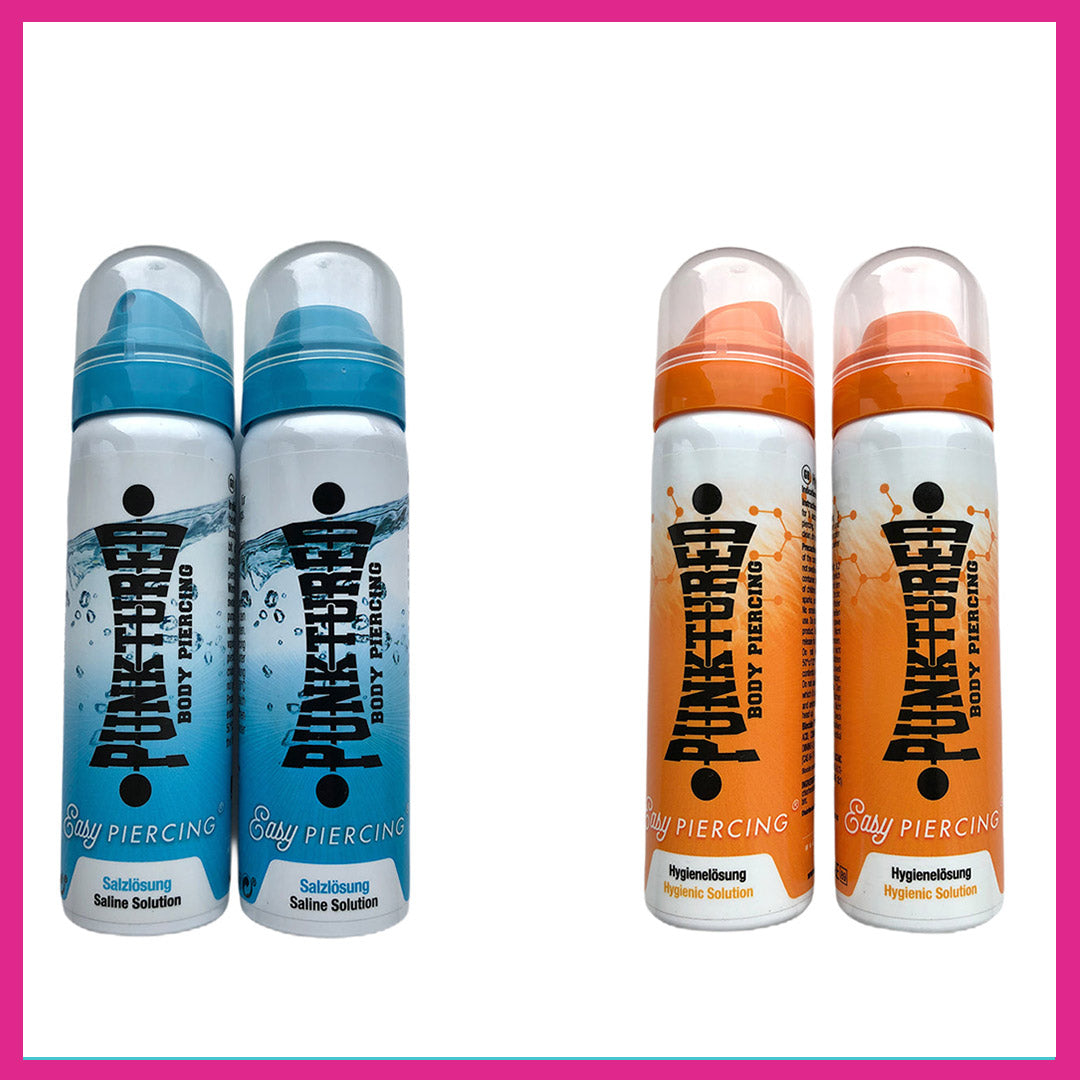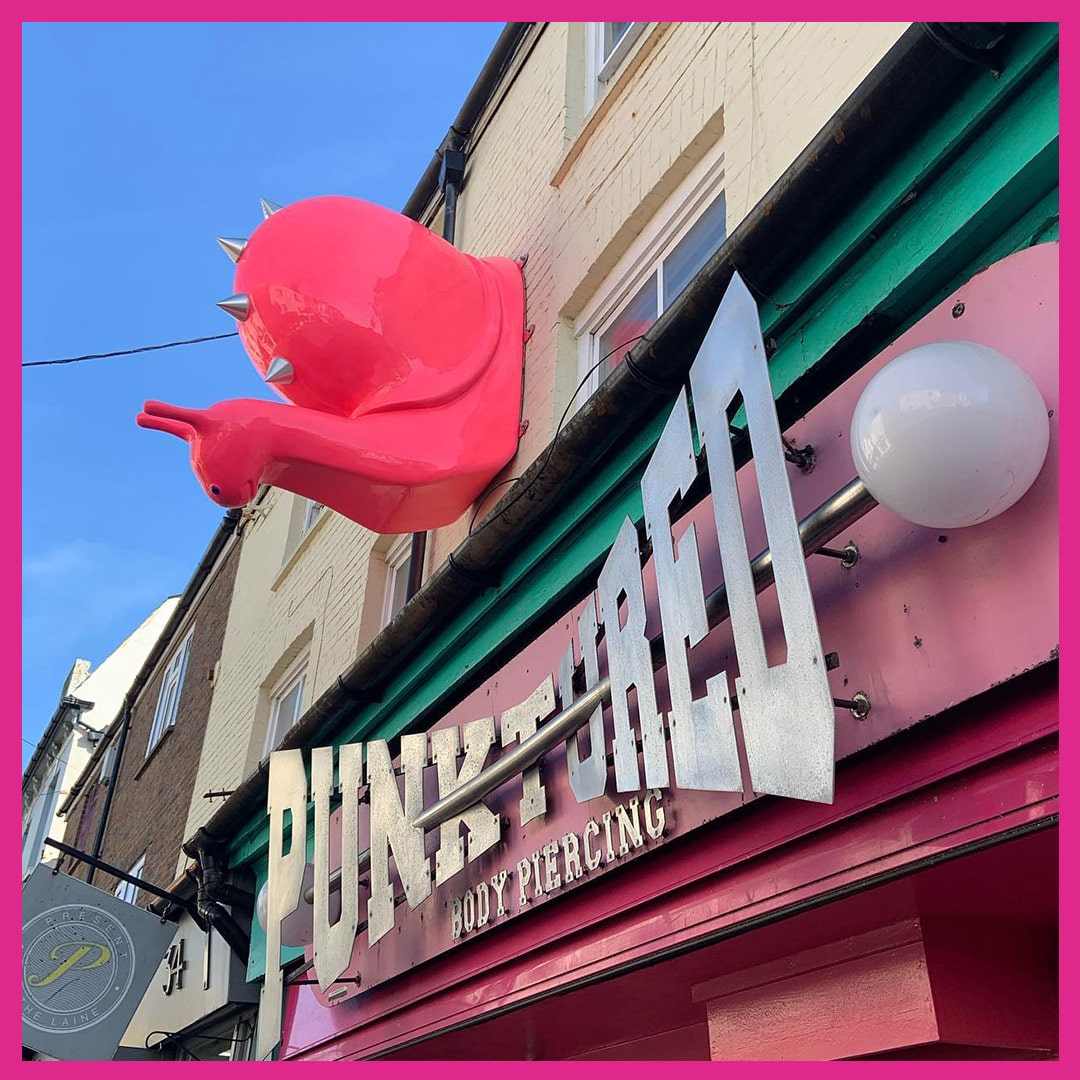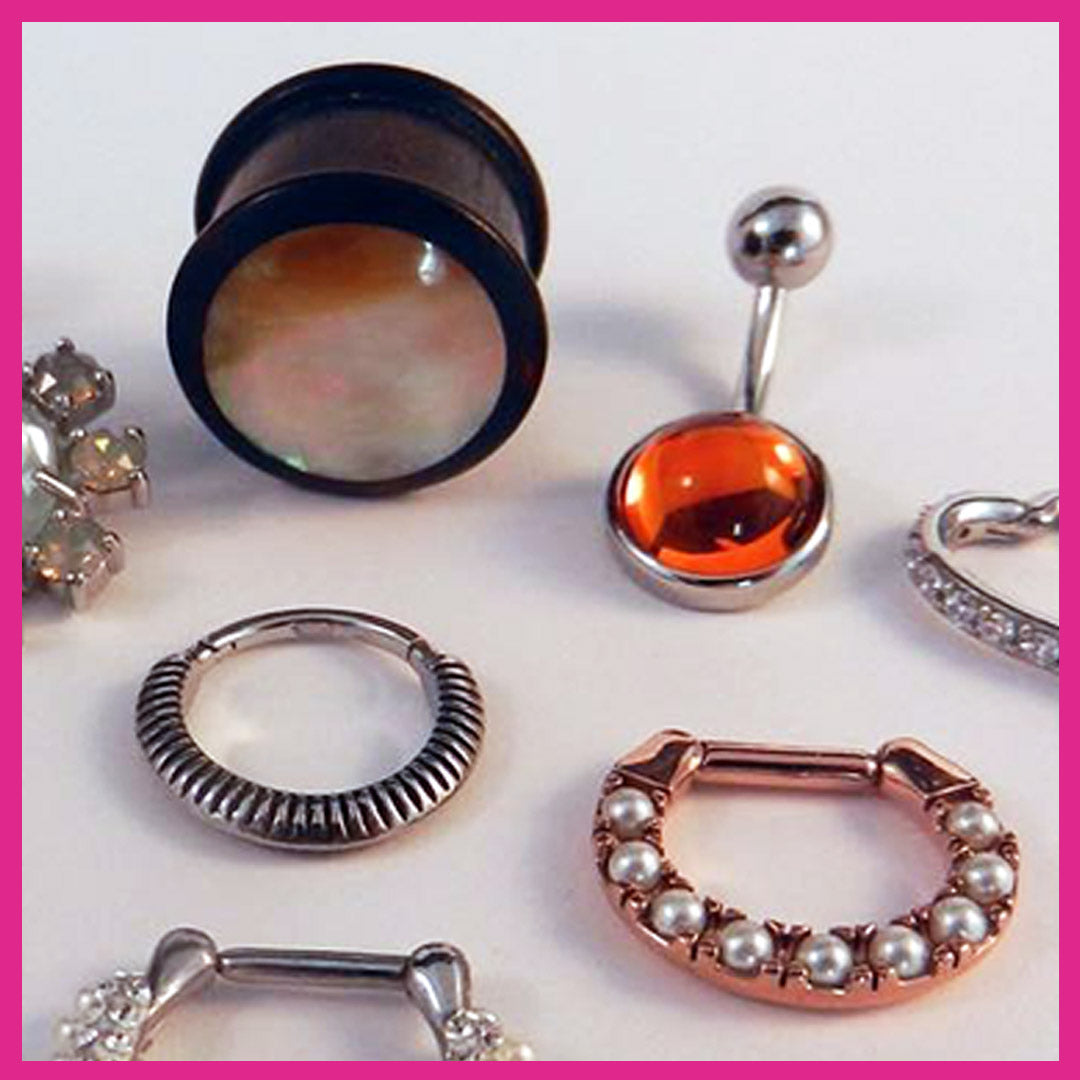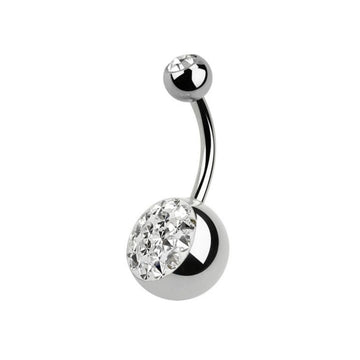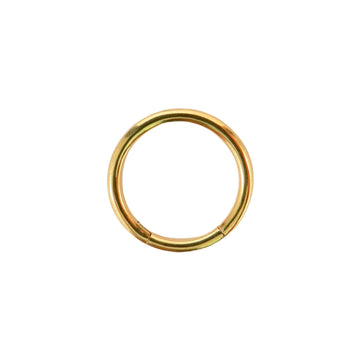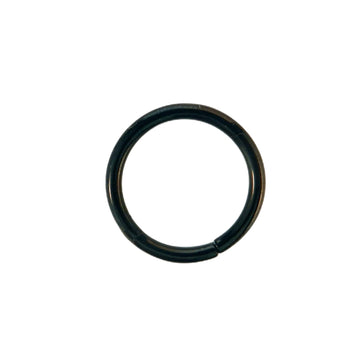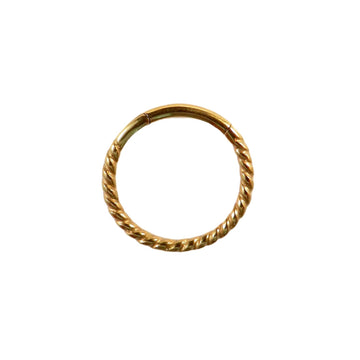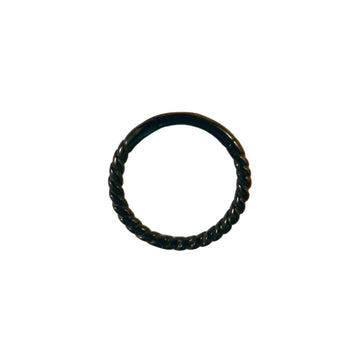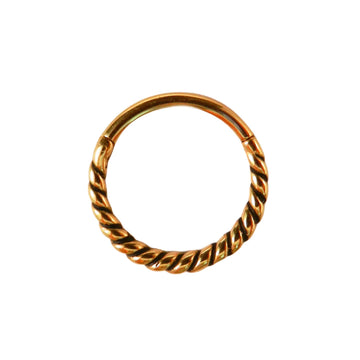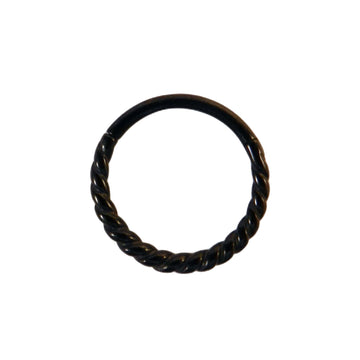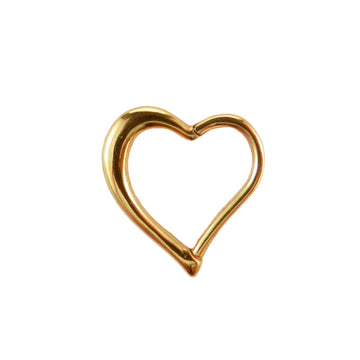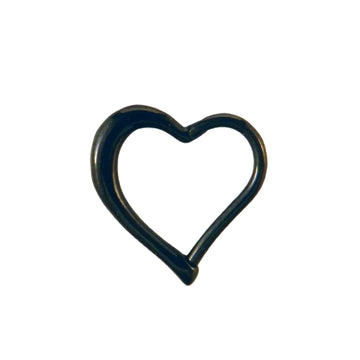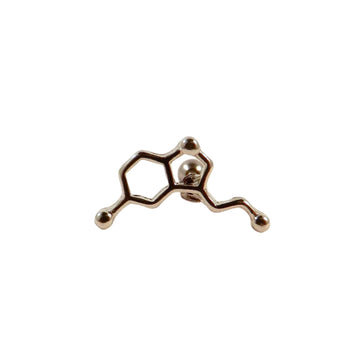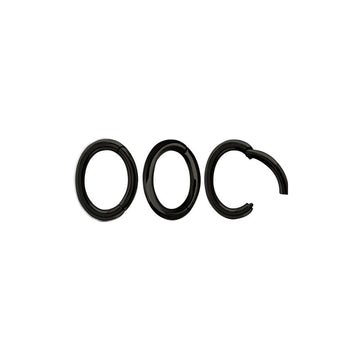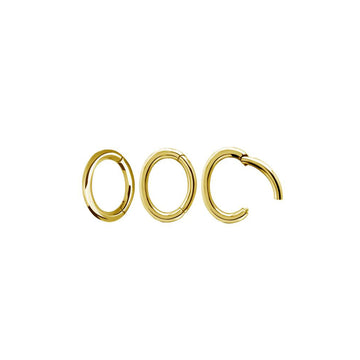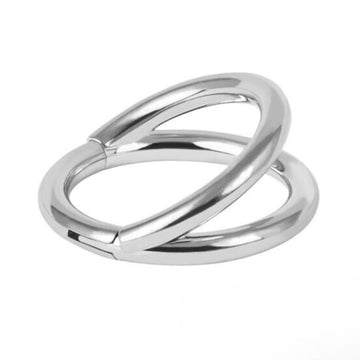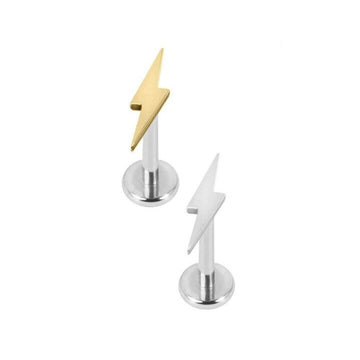Is my piercing infected?
Is my piercing infected? Causes, Prevention and Care
Whilst we wish new piercings would heal overnight, it’s not always that simple. It’s totally normal for the piercing site to be tender and sore – you’ve just had a needle inserted into your body, after all. This is to be expected, and with the correct aftercare your piercing will heal, hopefully hiccup-free! Read on to learn about looking after your new piercing and what warning signs to look out for as it recovers.
The importance of piercing aftercare
Following the correct aftercare plan for your specific piercing is vital. Sometimes though, life happens, and things go awry. Don’t panic! With the right advice, you can deal with any problems that arise. It could be as simple as changing the jewellery or adjusting your cleaning regime.
Time heals most wounds
Another important thing to remember is the length of time it takes your body to heal. Some piercings take months – or even longer – to completely heal. Your piercing may look and feel fine, but if you accidentally catch your piercing on something, this can cause a flare up. Always contact your piercer if you’re concerned about an infected piercing.
Preventing infected piercings
Beyond following aftercare instructions, we have some tips to help keep your piercing in tip-top condition.
Firstly, keep it clean and dry. New piercings are essentially open wounds, so good personal hygiene is vital. We know it’s tempting, but avoid touching it. Your hands, hair, mobile phone and even bedding are not sterile, and every contact encourages bacteria to enter the wound. Keep your hair away from the site and regularly change your bed linen too. It’s also prudent to avoid going to bed with wet hair and ensuring the wound can breathe.
Next, wear good quality jewellery that’s the correct size and shape. At Punktured we pierce with high quality titanium and can recommend the correct jewellery for you. We don’t advise changing the jewellery too soon (unless necessary) as this could cause further irritation.
Lastly, consider the placement. Have you been pierced in a place prone to knocks? Ear cartilage piercings, for example, are likely to be disturbed during sleep. Using a travel pillow can lessen disruption to these piercings. Other piercings may be susceptible to rubbing from clothes, so consider loose fitting clothing.
Infection or irritation?
If you notice changes, it’s natural to be concerned. People frequently assume it’s infected, but often it’s just irritated. Piercings can become sore, tender, swollen, and even secrete fluid when knocked or aggravated. Through process of elimination, we can usually determine the problem and go from there.
Lumps and Bumps
Lumps and bumps are one of the most common issues with new piercings. Cartilage, nipple, and navel piercings are particularly susceptible, but usually just require extra patience and care. The most common lump is called Hypertrophic Scarring, which is an irritation lump formed by a build-up of collagen. With most lumps and bumps, it’s likely the jewellery is ill-fitted or unsuitable, or the cleaning regime simply needs tweaking.
Excessive Swelling
Excessive swelling can occur if you’ve accidentally snagged or bashed your piercing. This can mean the bar or ring is now not big enough, leading to the jewellery embedding into the skin. It may feel hot and painful with a pulsating sensation, and even fluid secretion. A simple jewellery-change to relieve pressure and saltwater cleanses should sort it out. This is not to be confused with an infection.
Intermittent Bleeding
Although the sight of blood may be alarming, it’s totally normal to notice blood from your piercing site. Most common piercings aren’t located near major arteries or veins, so don’t fret. Small capillaries may get nicked during the piercing process and cause a little bleeding but should settle down and heal relatively quickly. If you’re concerned, contact your piercer or a medical professional.
Sticky or Crusty Piercings
If sticky fluid is building up and causing crusting around your piercing, don’t panic. It may be unpleasant, but it’s usually just moisture levels increasing and aggravating your piercing. This is most common with ears and navels. Dry thoroughly after cleaning, possibly with a cool hairdryer, ensuring you get both exit points of the piercing. As mentioned above, avoid going to bed with wet hair when you have newly pierced ears to limit the build-up of moisture. Lastly, remember the first rule of piercing aftercare: don’t touch – and avoid picking the crust!
So, is my piercing infected?
We understand your concern, but infected piercings are rare. People often confuse the normal ups and downs of the healing process with infections. Chances are it’s just one of the issues we have discussed.
Infected piercings are horribly painful and tender. They’re swollen, hot to the touch, with abnormal (sometimes green), smelly discharge, and occasionally accompanied by a fever. Infected piercings are hard to miss. They often need antibiotics from a doctor. In the unlikely event of infection, the jewellery shouldn’t be removed, as keeping the hole open may help to drain infected fluids. However, if you are wearing ill-fitting or poor-quality jewellery, it likely does need to be changed.
If in doubt, always seek professional advice. Don’t blindly trust friends (however well-meaning) or Dr. Google – come and see us first! Give us a call on 01273 688144. Our helpful staff are always ready to talk you through any concerns and offer their expert opinion.
Please note: these suggestions are not to be considered a substitute for advice from a medical professional.
